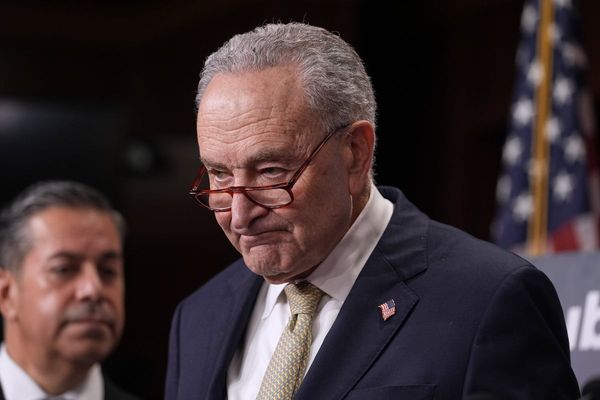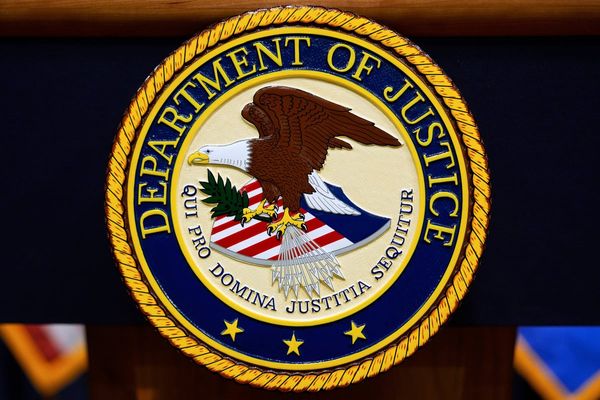
Veteran broadcaster Dermot Murnaghan has revealed he is battling stage 4 prostate cancer. The former Sky News and BBC presenter made the announcement on social media, sparking widespread support and raising awareness of one of the most common cancers affecting men in the UK. This article details the nature of his diagnosis, current treatment, and his ongoing advocacy for early detection.
Who Is Dermot Murnaghan?
Dermot Murnaghan is a respected British journalist with a career spanning more than three decades. He has fronted major bulletins across BBC News, ITV, Channel 4, and Sky News, where he anchored from 2007 to 2023. He became 'a familiar face to Sky News viewers' and was known for his sharp delivery and calm presence during breaking news.
In addition to his news work, Murnaghan hosted the quiz show Eggheads and currently co-hosts the Legends of News podcast. He also presents Killer Britain, a crime documentary series. His announcement has resonated with viewers who regard him as a trusted and familiar figure.
What Type of Cancer Does Dermot Murnaghan Have?
Murnaghan has been diagnosed with stage 4 prostate cancer, an advanced form of the disease that has spread beyond the prostate gland. According to Cancer Research UK, prostate cancer is the most common cancer in men, with over 55,000 cases diagnosed annually.
Stage 4 means the cancer has likely metastasised to other areas such as bones, lymph nodes, or distant organs. Murnaghan did not specify the exact spread, but confirmed the diagnosis was advanced.
Some personal news……I’ve been diagnosed with Stage IV advanced prostate cancer I’m fortunate to have a simply outstanding medical team looking after me, who I can’t thank enough - they are administering the best possible care with expertise, compassion and sensitivity.
— Dermot Murnaghan (@DermotMurnaghan) June 23, 2025
Treatment and Current Health Status
Despite the seriousness of the diagnosis, the 67-year-old broadcaster said he is 'responding positively' to treatment. While he has not disclosed the exact therapies, stage 4 prostate cancer is typically managed with a combination of hormone therapy, chemotherapy, radiotherapy, and targeted treatments.
Although incurable at this stage, many patients live for several years with the right management. Murnaghan's response to treatment has so far been encouraging.
I’m responding positively to their excellent treatment, and feeling well.
— Dermot Murnaghan (@DermotMurnaghan) June 23, 2025
I’m blessed to be fortified by the monumental love and support of my wife, family and close friends.
Public Appeal for Early Detection
As part of his announcement, Murnaghan urged men to prioritise their health by getting tested. He specifically called attention to PSA (prostate-specific antigen) testing, which can help detect the disease early, even before symptoms develop.
'My message to all men over 50, in high-risk groups or displaying symptoms, is: get yourself tested and campaign for routine prostate screening by the NHS. Early detection is crucial.'
Currently, the NHS does not offer a national screening programme for prostate cancer. Murnaghan's appeal adds weight to ongoing calls for improved early detection efforts across the UK.
Supporting Cancer Awareness: The 'Tour de 4'
In a demonstration of strength and advocacy, Murnaghan will take part in Sir Chris Hoy's 'Tour de 4' cycling event this September in Glasgow. The event aims to raise funds and awareness for those living with stage 4 cancer.
Hoy, also diagnosed with prostate cancer, launched the initiative to challenge misconceptions around terminal illness. Murnaghan's participation underscores his commitment not just to his recovery, but also to public awareness and support for others.
Murnaghan's Cancer Journey Highlights Urgent Need for Early Detection
Dermot Murnaghan's disclosure of his stage 4 prostate cancer diagnosis has placed renewed attention on the importance of early screening for men in the UK. His case underscores the fact that prostate cancer often presents no symptoms in its early stages, making regular checks and PSA testing crucial.
With no national screening programme currently in place, Murnaghan's call to action adds momentum to ongoing public health discussions. As he continues his treatment and takes part in cancer awareness initiatives such as the Tour de 4, his story serves as a timely reminder of the need for improved access to early detection and increased awareness about men's health.







